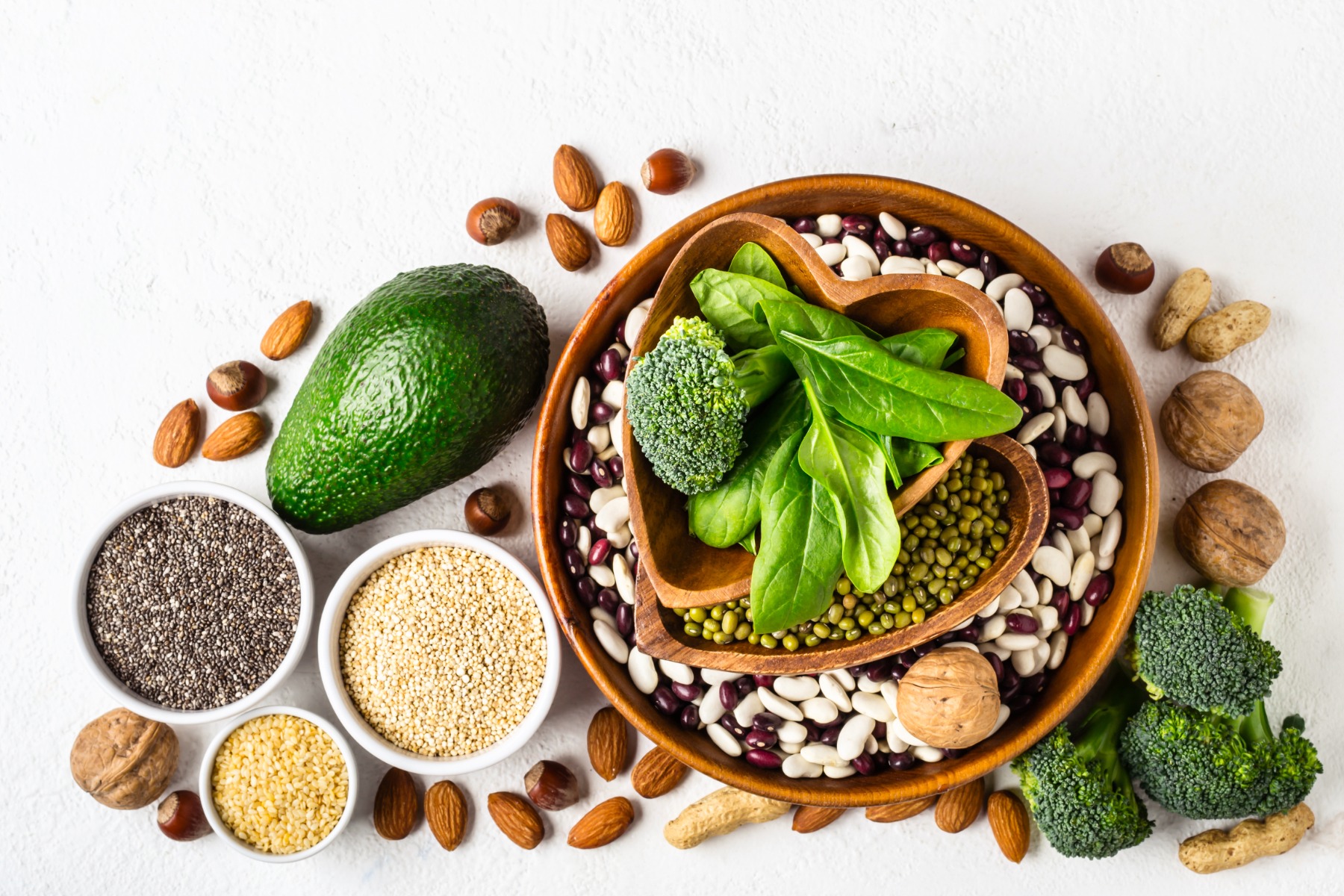

Photo Credit: "© [colnihko] / Adobe Stock
Half the world doesn’t eat enough micronutrients according to fresh research, this is why it matters
Diet & Health
Groundbreaking researchers have found that half the world’s population doesn’t consume enough essential micronutrients — more than previously thought.
In the first study of its kind, scientists analysed data from 185 countries and published the results in medical journal, The Lancet Global Health.
Researchers from Harvard T.H. Chan School of Public Health, University of California, Santa Barbara (UCSB) and the Global Alliance for Improved Nutrition (GAIN) in the USA, studied 15 vitamins and minerals: calcium, iodine, iron, riboflavin, folate, zinc, magnesium, selenium, thiamin, niacin, and vitamins A, B6, B12, C, and E.
They wanted to find out how these essential buildings blocks for life were being consumed, and used data from the Global Dietary Database, the World Bank, and dietary recall surveys.
And, as a result of their work, they discovered that the lack of micronutrients in diets was not specific to one region or even socio-economic group
A diet lacking in sufficient micronutrients carries health consequences and can result in poor pregnancy outcomes, blindness or increased susceptibility to infectious diseases.
The study showed a low intake for nearly all the micronutrients that were part of the study.
Ty Beal, senior technical specialist at GAIN, said: “These results are alarming. Most people, even more than previously thought, across all regions and countries of all incomes, are not consuming enough of multiple essential micronutrients.
“These gaps compromise health outcomes and limit human potential on a global scale.”
Deficiency in micronutrients, which includes calcium, iron and vitamins C and E, is currently one of the most common forms of malnutrition globally.
The study detailed how calcium intake was low across North America, Europe and Central Asia.
Lead author Chris Free, research professor at UCSB, said: “Our study is a big step forward. It is the first to estimate adequate micronutrient intakes in nearly every country. It also makes these results easily available to researchers and practitioners.”
What Is A Micronutrient?
Micronutrients are vitamins and minerals needed by the body in very small amounts. However, their impact on a body’s health are critical, and deficiency in any of them can cause severe and even life-threatening conditions.
The World Health Organization
THE FACTS: WHERE TO FIND EVERYDAY MICRONUTRIENTS
CALCIUM: This vital mineral supports strong bones and teeth, playing a key role in muscle function, nerve signalling and blood clotting. Dairy products, fortified plant milks, leafy greens and tofu are excellent sources.
IODINE: Essential for thyroid function and hormone production, iodine ensures proper metabolism and growth. It is commonly found in seafood and dairy products.
IRON: Integral to haemoglobin in red blood cells, iron facilitates oxygen transport throughout the body. Deficiency can cause anaemia. Good sources include red meat, lentils, spinach, and fortified cereals.
RIBOFLAVIN (VITAMIN B2): Riboflavin aids in energy production and cellular function. It also supports skin health and vision. Milk, eggs, green vegetables and whole grains are key dietary sources.
FOLATE (VITAMIN B9): Crucial for DNA synthesis and cell division, folate is particularly important during pregnancy for foetal development. Found in leafy greens, citrus fruits, beans, and fortified grains.
ZINC: This mineral supports immune function, wound healing, and DNA synthesis. Oysters, red meat, nuts, and seeds are excellent sources.
MAGNESIUM: Magnesium is necessary for over 300 enzymatic reactions, including energy production, muscle contraction, and nerve function. Nuts, seeds, whole grains, and leafy greens are rich sources.
SELENIUM: An antioxidant that protects cells from damage, selenium also supports thyroid function and immunity. It’s found in Brazil nuts, seafood, and eggs.
THIAMIN (VITAMIN B1): Essential for energy metabolism and nerve function, thiamin is found in whole grains, pork, and legumes.
NIACIN (VITAMIN B3): Niacin supports energy metabolism, DNA repair, and skin health. It is present in meats, fish, peanuts and fortified grains.
VITAMIN A: Vital for vision, immune function, and skin health, vitamin A can be sourced from orange and yellow vegetables, liver and dairy products.
VITAMIN B6: Involved in amino acid metabolism and neurotransmitter synthesis, vitamin B6 is found in poultry, bananas and potatoes.
VITAMIN B12: Critical for red blood cell formation, DNA synthesis, and neurological function, B12 is present in animal products like meat, dairy and eggs.
VITAMIN C: An antioxidant, vitamin C promotes collagen synthesis and boosts immunity. Citrus fruits, berries and peppers are excellent sources
VITAMIN E: This antioxidant protects cells from damage and supports skin health. Nuts, seeds and vegetable oils are rich in vitamin E.